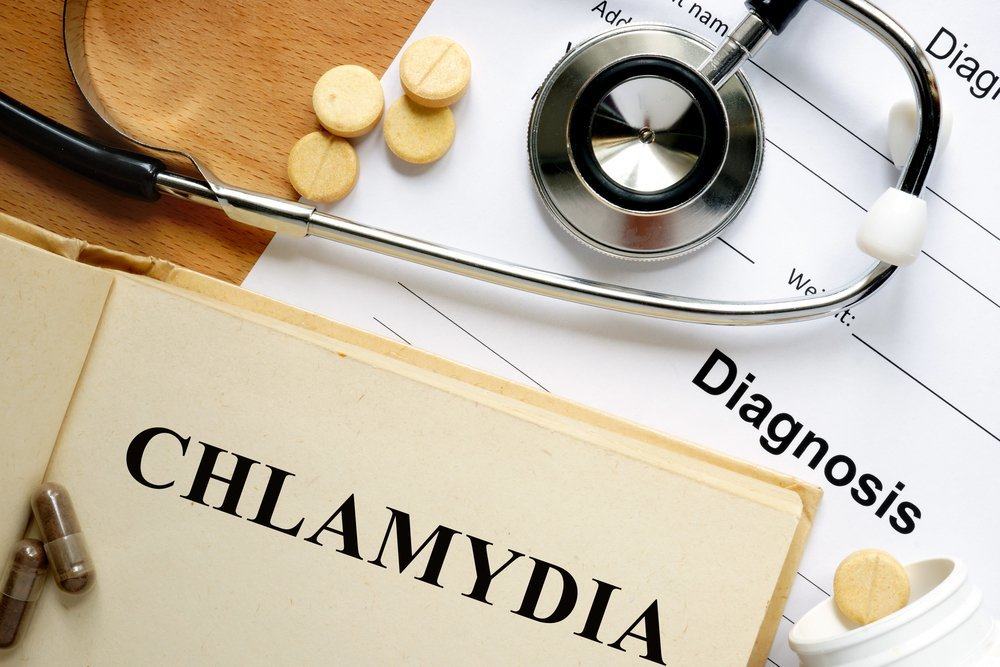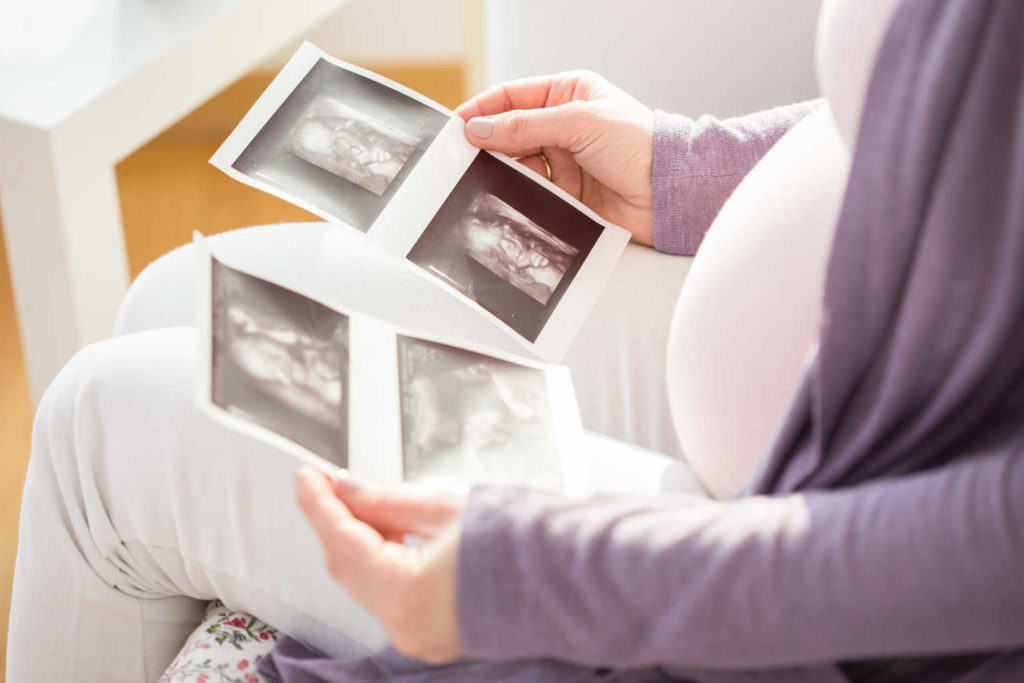Contents:
Medical Video: Colon Blockage Symptoms
Generally, cancer does not show symptoms at the beginning, as well as colon cancer. Therefore, it is important to recognize the symptoms of colon cancer in order to get treatment and treatment more quickly and precisely.
What are the symptoms of colon cancer?
The following are various symptoms of colon cancer.
- The habit of defecation changes, for example diarrhea, constipation, stool texture also changes and occurs more than four weeks
- Bloody bowel movements
- Stomach cramps, bloating, or persistent pain
- A feeling that you have to defecate but don't get relief afterwards
- Weakness or fatigue
- Weight loss without cause
Some signs and symptoms of colon cancer are similar to very common conditions that are not cancer, such as hemorrhoids and irritable bowel syndrome (IBS). When you suspect cancer, these symptoms usually only begin, are severe and last a long time, and change over time.
By being aware of the symptoms of colon cancer, you can detect the disease early, when it is likely to be successfully treated.
However, many people with colon cancer do not have any symptoms until the disease develops, so someone needs to be screened regularly.
In addition, someone with colon cancer may experience the symptoms or signs mentioned above. However, it may also be that these changes can be caused by medical conditions that are not cancer, especially for general symptoms such as stomach cramps, flatulence, and irregular bowel movements.
When to see a doctor?
If you have some of the symptoms of bowel cancer mentioned above which last for several weeks or become more severe, immediately visit your doctor. Don't just think of it as hemorrhoids.
If you are worried about any changes you experience, please discuss with your doctor and ask to schedule a colonoscopy.
Generally the examination of colon cancer starts at the age of 50 years. However, your doctor can recommend a more frequent or early examination if you have other risk factors, such as having a family history of intestinal cancer.
If the cancer is diagnosed, relieving symptoms remains an important part of cancer treatment and treatment. This is also called symptom management, palliative care, or supportive care. Be sure to talk with your health care team about your symptoms, including new symptoms or changes in symptoms.












